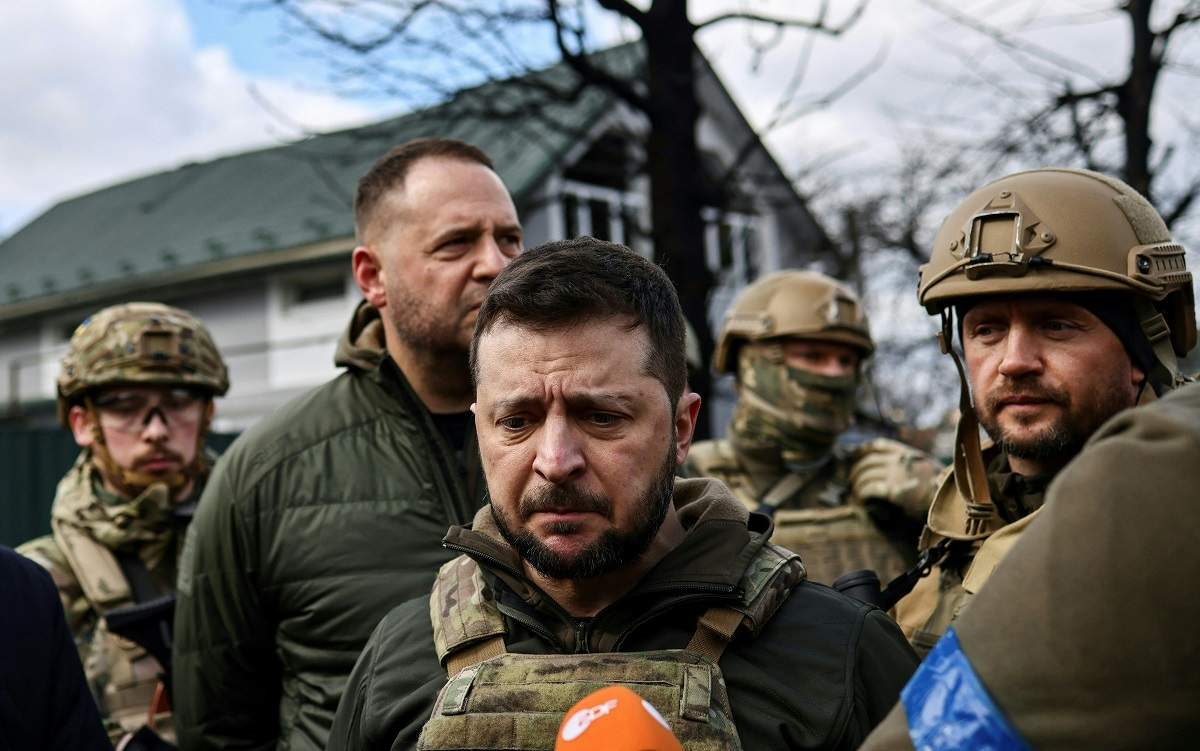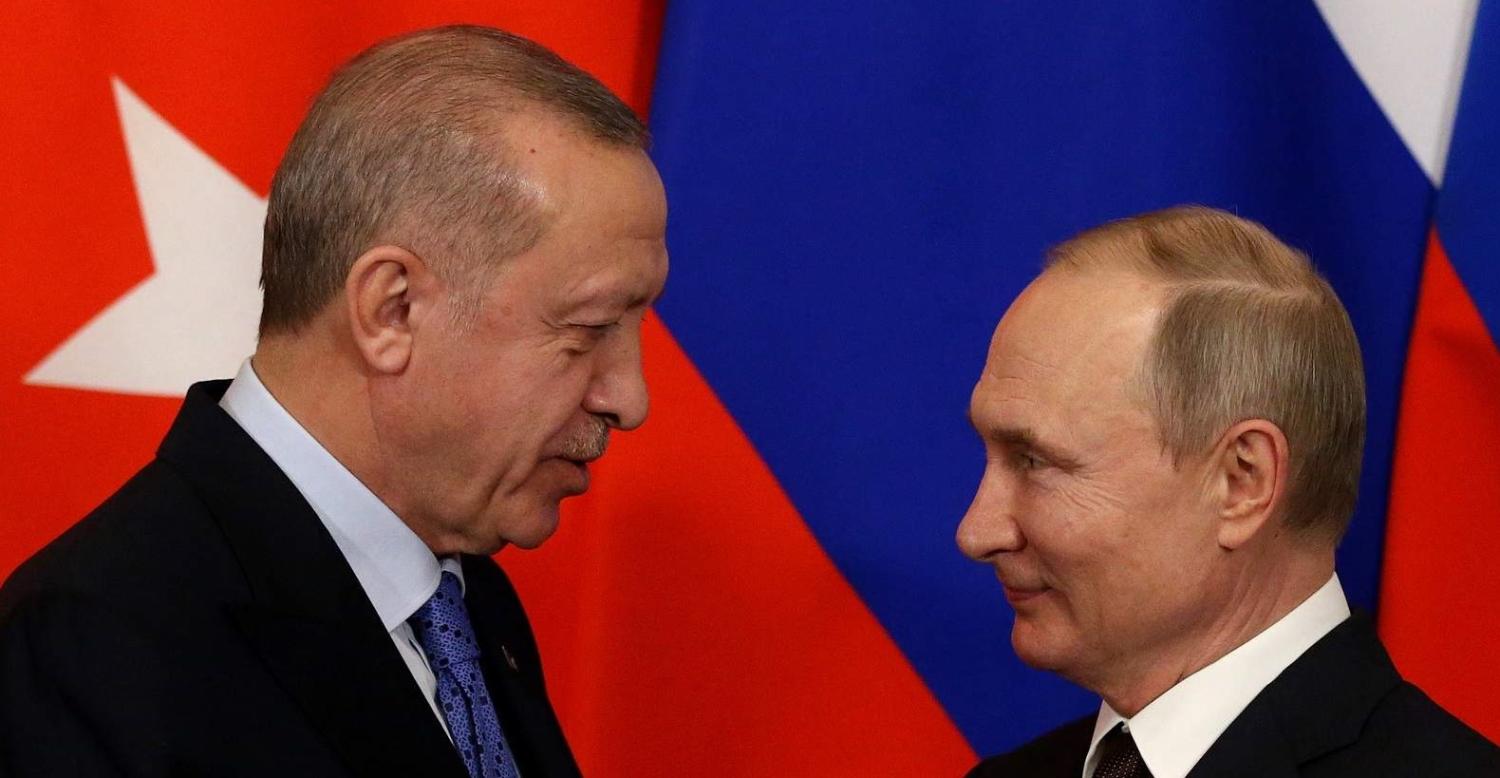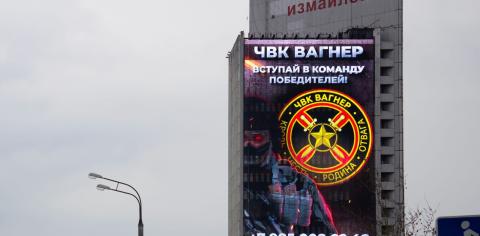Facing the media on the ground in Bucha on Monday, Ukrainian President Volodymyr Zelensky reflected sombrely on the progress of talks between Ukraine and Russia. “It is very difficult to talk when you see what they have done here.”
The talks – tentatively begun last week in Istanbul – prefaced Russia’s apparent withdrawal of troops from several regions in Ukraine’s north. But if there was any hope at all that the talks in Turkey might soon lead to a legitimate ceasefire and some form of medium-term agreement, the atrocities in Bucha have seemingly put paid to it. The prospects for a one-on-one presidential meeting between Zelensky and Vladimir Putin were all but abandoned by the former on Tuesday morning.
That the revelations from Bucha and beyond have hampered the possibility of meaningful talks is of course a tragedy for Ukraine, and hardly in Russia’s interests, given the astonishing level of military losses it has suffered. But it is also a problem for Turkey, which has emerged as the principal mediator in the conflict. Any Zelensky-Putin meeting would likely have taken place there; and indeed making this happen has been an active ambition of Turkey’s President Recep Tayyip Erdoğan.
The mediator is no neutral actor in any form of conflict resolution, but a vital, active participant.
Turkey’s self-assumed role as the global go-between in this war reflects some important truths about the historical role of mediators in resolving global conflicts. The mediator is no neutral actor in any form of conflict resolution, but a vital, active participant. A mediator can be a greater or lesser actor in the process, depending on their relative standing to the conflicting parties. But their role is, in all cases, a delicate act.
So why did Turkey clamour for this challenge?
First, Ankara has obvious economic, security and geopolitical stakes in the conflict. This means that it too can demonstrate to both parties a credible interest in a swift and stable outcome.
Russian-Turkish relations have been turbulent and complex in recent years. Not least, Russia’s annexation of Crimea in 2014 brought it much closer to Turkey’s borders and neighbourhood – an issue that would clearly be exacerbated should Russia succeed in its ambition of expanding its influence across the Black Sea at Ukraine’s expense.

But, at the same time, economic interdependence is stronger than ever. Russian gas imports provide about one third of Turkey’s total need, with the new TurkStream gas pipeline opening in January 2020. The country is also massively dependent on Russian grain imports and Russian tourists. And it was only in December 2020 that Turkey drew the wrath of its NATO partners for purchasing a Russian S-400 missile defence system, fuelling fears that Ankara was drifting from the West’s orbit into Putin’s camp.
But, compounding the complexity, Ankara has also been an active military supporter, and economic partner, of Ukraine. Turkey continues to supply Ukraine with weapons, most famously its Bayraktar combat drones – the same drones that were deployed so effectively by Azerbaijan against the Russian-backed Armenians in the 2020 Nagorno-Karabakh war. And in April 2021, the “Joint Declaration of the 9th meeting of the High-Level Strategic Council between Ukraine and the Republic of Turkey” included a clause directly supporting Ukraine’s bid to become a NATO member.
Unsurprisingly, Turkey’s support of Ukraine has sometimes strained its relations with Moscow. In March 2021, as Turkey made clear signals in support of Kyiv, Russia’s Foreign Minister Sergei Lavrov thundered: “We strongly recommend that our Turkish colleagues carefully analyse the situation and stop fuelling Kyiv’s militaristic sentiment.” On 24 February, as Russian tanks rolled into Ukraine, Erdoğan doubled down, describing Russia’s actions as “unacceptable” and in violation of international law. Nonetheless, forced to choose between the two, Turkey’s preference is less “the West rather than Russia” so much as “order over regional instability”.
Turkey did not join in the sanctions against Russia, but its decision was nonetheless met with understanding rather than outrage by other NATO states.
Second – and perhaps even more consequentially – a number of analysts have identified Ankara’s efforts as but the latest (and most globally visible) step towards a more engaged, conciliatory and, ultimately, pragmatic foreign policy than that which it had practiced over the past few years. The Ukraine war falls into a period in which Turkey has sought to enhance cooperation with several Middle Eastern and West Asian neighbours after years of diplomatic friction. Within the past year alone, Ankara has gone to great efforts to repair its relations with the UAE, Saudi Arabia, Israel and even Armenia – with whom Turkey has begun talks to normalise diplomatic relations after nearly 30 years.
The Ukraine war, then, presents an opportune moment for Turkey to recoup some of the credibility and reliability it had surrendered both within the NATO alliance and in its own neighbourhood over the past few years. And judging by the response so far from Turkey’s NATO partners, this has been a successful venture. Turkey did not join in the sanctions against Russia, but its decision was nonetheless met with understanding rather than outrage by other NATO states. This response points to the obvious need for a reliable mediator who cannot easily be accused of partiality by either party. Whatever reservations the NATO parties might still have about their Turkish partners, for now at least, they are willing to bite their tongues.

